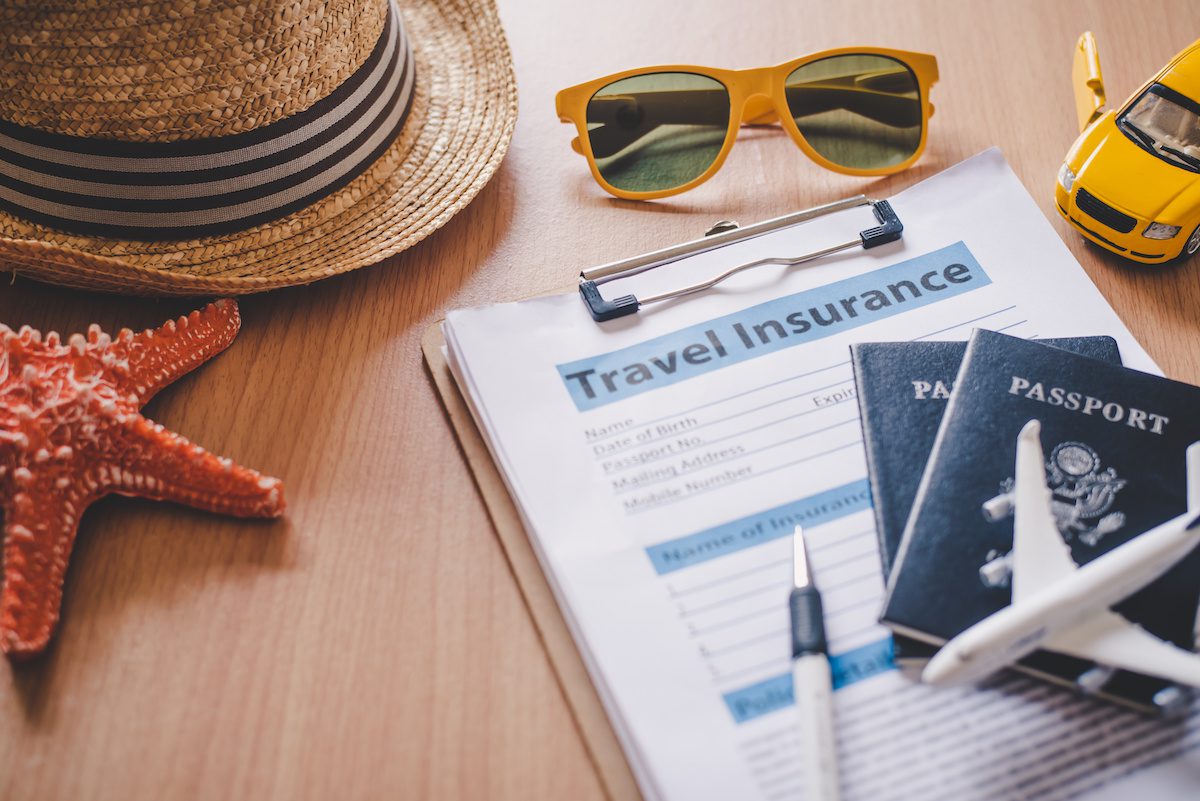[ad_1]

What is travel insurance?
Travel insurance covers trip cancellations and interruptions, loss of baggage, and accidents or illnesses while traveling domestically or abroad.
Coverage per day (number of days for your trip). Limits, deductibles, and co-insurances vary by provider.
There are two basic types of travel insurance: package plans, which range from full coverage to comprehensive coverage for cancellation for any reason; and medical travel plans. Within these core categories are a range of specialty products that secure cruises, affinity kits, baggage protection, business trips, evacuation, hurricane disruption, airline accidents, accidental death, and annual plans to name a few.
Before you get it, you should take into account 3 things:
- Flight attraction.
- possibility of cancellation.
- The possibility of the member needing medical attention.
Getting the right coverage will help you save thousands of dollars and give you peace of mind when traveling alone or with family members.
Should you buy travel insurance?
1. Check the policies you already have.
For example, your homeowner’s insurance may cover lost luggage or a stolen camera. Your health insurance will likely take care of emergency medical services when you’re away from home and out of network. Note, however, that Medicare generally does not pay for medical services you receive outside the United States. If you rent a car, your car policy or even the credit card you use may take care of this coverage. If you are not sure, contact your agent or insurance company to find out what is covered and what is not.
2. Choose your coverage options.
There are a variety of coverage options ranging from basic to comprehensive. Depending on your needs, it can be purchased for a single trip, multiple trips, or on an annual basis. The Insurance Information Institute divides the available options into four general categories:
- Trip cancellation or trip interruption insurance will return your money or part of it if plans change. This can include deciding not to take the trip or having the tour operator cancel it for lack of interest or because the tour company has moved. Read the finer details of the terms and exclusions.
- Insurance pays you against loss or damage to personal items in the event of loss, theft or damage to your belongings or personal belongings (camera, wallet, etc.).
- The Emergency Medical Assistant covers the cost of health care and emergency evacuation if you fall ill or are injured while traveling outside the United States
- Accidental death of a designated beneficiary pays a lump sum cash if you or a covered family member dies while traveling.
If you intend to spend money on travel insurance, make sure it covers all eventualities. Your travel policy must protect your health, and cover trip cancellation or interruption, dental and emergency medical services including hospitalization and transportation, accidents, stolen or delayed baggage, travel schedule delays and missed transfers, and accidental death. There should be a 24 hour phone number to call with any questions or claims. Test it a few times before you leave to make sure there is a human on the other end.
3. Check for travel insurance scams.
You should also be on the lookout for travel insurance scams. Stick with reputable companies and check consumer or BBB websites for reviews and complaints. If you are still unsure, contact your state insurance commission to see if the insurance company is licensed and the policy offered is legal. Be wary of anything labeled as a travel protection scheme; It probably won’t offer the same level of coverage as travel insurance. Is the insurance company backed by a regulated guarantor? You can find out by running the name of the insurance company.
If you want to learn more about travel insurance, see our article Do I Need Travel Insurance If I Have Health Insurance?
[ad_2]
Source link
